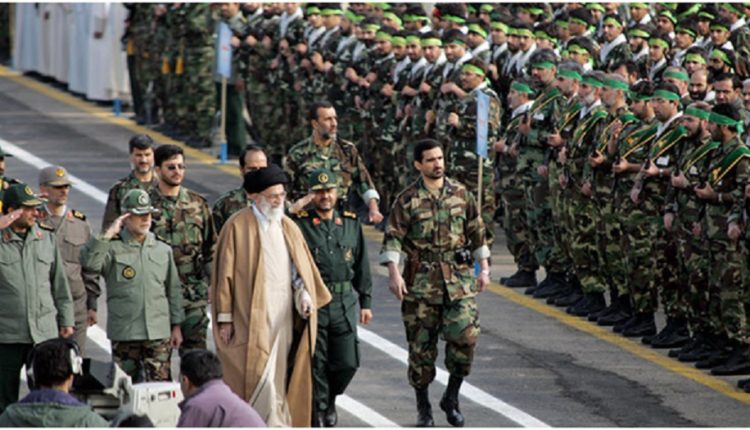A global coalition is required to confront Iranian regime

May 24, 2018 | DR. MAJID RAFIZADEH
A major discourse concerning Iran’s political, religious and social landscapes is linked to the intersection between the measures that many governments have taken to confront the Iranian regime’s destabilizing behavior in the region, and the mullahs’ efforts in scuttling such measures.
Since the time the ruling clerics came to power, they have been remarkably successful at expanding their influence in the region through various means, including supporting, financing and arming militias and proxies, or directly intervening in foreign nations by utilizing the Islamic Revolutionary Guard Corps and its affiliates. This issue begs the following question: Why has the international community not yet succeeded in productively pushing back Iran’s hegemonic ambitions and military adventurism?
It goes without saying that many powers have attempted to confront the Iranian regime, but such attempts have been largely unsuccessful in altering its destabilizing and inhumane behavior. This is partially due to two major factors: The efforts to confront the mullahs were not proportionate, as many countries continue to underestimate the regime’s power; and such attempts against the regime were isolated, unilateral or implemented by the international community through an inefficient mechanism.
In order to succeed in confronting the Iranian regime, a unique global coalition is required. This should have several critical attributes. First of all, it ought to be distinct when it comes to who belongs to it, the determination and commitment of its members, as well as its size and scope.
This global coalition against the Iranian regime has to address three key areas: Domestic, regional and international issues. A governing mechanism must interconnect all these layers in order to communicate more effectively and implement the overall agenda.
When it comes to the domestic dimension, many Iranian groups, grassroots movements, the youth and civil society are significantly disaffected and disenchanted with the regime. This should be regarded as a great opportunity, since they are more than willing to receive political and financial support from around the world in order to advance their democratic aspirations by firmly standing against the regime. Iran’s opposition and pro-democratic resistance movement also enjoys vital influence across Iran’s cities and provinces. This issue can be instrumental in organizing, mobilizing and rallying people against the clerical establishment.
More importantly, the Muslim and Arab worlds should be an integral part of this global coalition. Although the Iranian regime projects itself to be a leader in the Muslim world and Supreme Leader Ali Khamenei proclaims himself to be its head, many Muslim nations contend that the fundamentalist ruling clerics of Iran do not represent true Islam. In fact, many reputable and highly regarded religious scholars agree with the fact that the Iranian regime has inflicted significant damage on Islam and how it is perceived outside the Muslim world, mainly due to the regime’s atrocities and barbaric behavior.
Countries from North and South America, Europe and Central Asia should comprise another important layer of this global coalition. Without a doubt, some governments may be hesitant to join because of their economic ties with the Iranian regime. But the United States can play a significant role as it has the capabilities to utilize its economic, trade and geopolitical leverage in order to persuade global powers to join this coalition against Tehran.
In addition, it is important to point out that, when governments that are hesitant to join the coalition observe that the Muslim and Arab worlds are uniting against the Iranian regime, they will have less incentive to continue dealing with Tehran as their legitimacy will be negatively impacted on the global stage. Furthermore, they could run the risk of endangering their economic ties with other powers in the Middle East.
It should be noted that, from the outset, the Iranian clerical establishment did not view its iron grip on power to be only limited to the boundaries of Iran. From its perspective, the real mission has been, and always will be, to resort to any possible tool in order to expand and export its ideological and revolutionary principles domestically, regionally and in the international arena. For the ruling mullahs, the end would justify the means. As a result, a proportionate strategy is needed to go in parallel with confronting the domestic, regional and international facets of the mullahs’ agenda.
Many people find it surprising, or even a double standard, that the international community was quick at creating a global coalition of 68 nations against Daesh, but there exists no such coalition against the top state sponsor of terrorism — the Iranian regime. It would not be an impossible task to find many governments and non-state actors that would be willing to join such a coalition, since many nations have been negatively impacted by Iran’s destabilizing behavior, atrocities, deployment of hard power, and interference in their domestic politics. What is really required is a political will and a government that is willing to lead such a global operation against the Iranian regime.


Comments are closed.